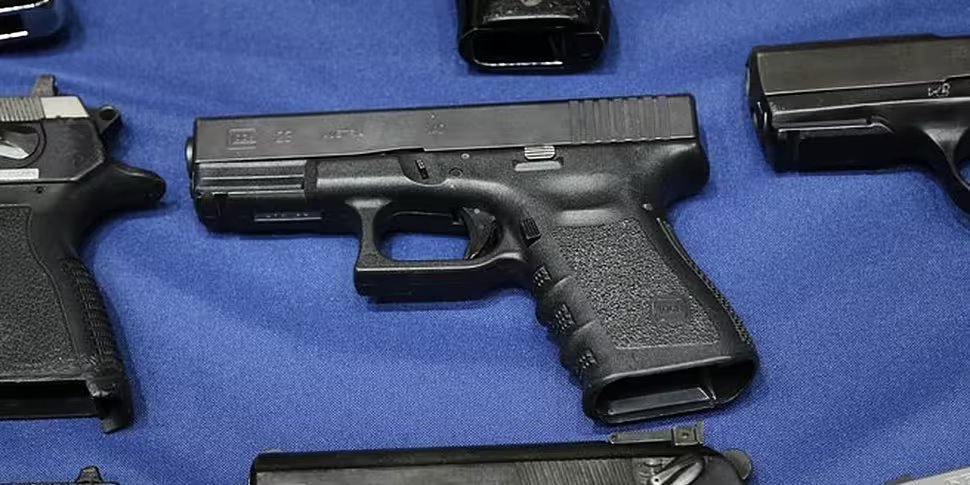America has a grim roll call of mass shootings in its academic institutions - and with every massacre, comes a soul-searching debate about how to prevent it happening again.
But there has been an increasingly uniform response to the threat - a growing number of states are opting to legalise guns on campus.
Supporters claim it will improve safety by enabling people to defend themselves.
But many students and staff are unconvinced and deeply concerned about adding guns to what can be an emotional and testing climate.
This week, the Governor of Georgia will decide whether or not to veto a bill, allowing licensed gun holders, 21 years or older, to carry concealed guns into its universities and colleges. If it passes, Georgia will become the ninth state to do so.
The Chief of Police, Rus Drew, said the shootings at Virginia Tech were a "game-changer."
In that case the shooter killed 32 people, his attacks hours apart.
Mr Drew says now they have to be quicker, more co-ordinated and more willing to confront a killer without back-up.
He believes arming students will make it harder in those split few seconds they have when they enter a room, to work out who the "bad guys are".
But it's not just about reactions. Mr Drew is part of a behaviour intervention group led by Chip Reese, Dean of Students. They aim to identify and support students, way before they become a threat.
A decade ago, they started getting faculties to share their experiences and concerns about individuals, with a structured method for staff and students to report issues.
With killers craving the notoriety social media can give them, Mr Reese's team need to keep close checks on Facebook pages, Twitter and other sites.
When a 21-year-old opened fire on nine parishioners in Charleston, attention quickly shifted to the killer's life online and his apparent sympathy with white supremacists.
Mr Reese believes: "People don't just snap. There's a pattern of behaviour."
It's his job to identify the warning signs and to speak to counsellors and parents.









